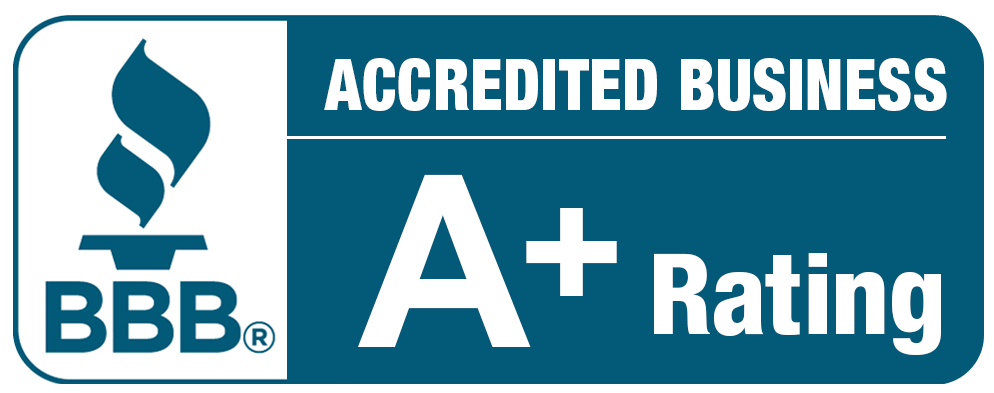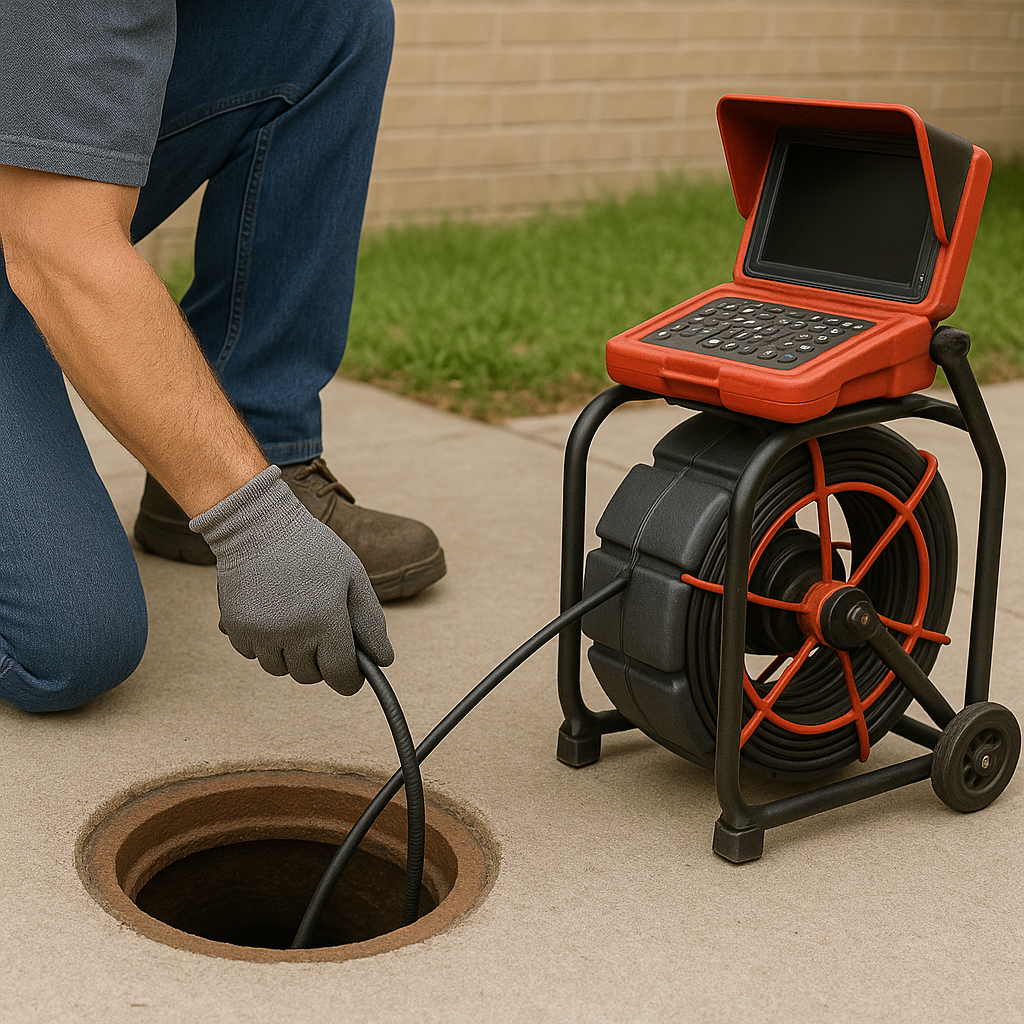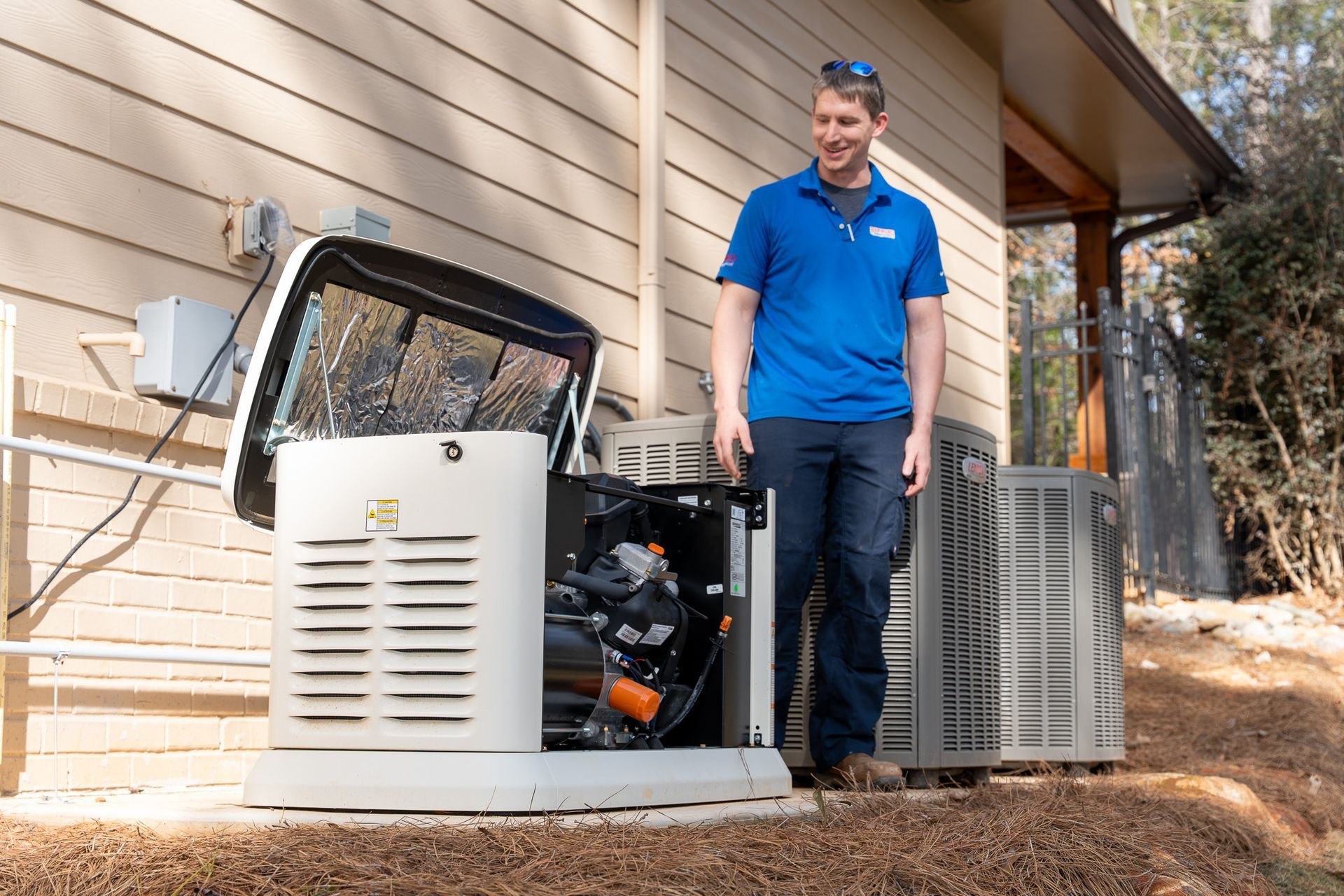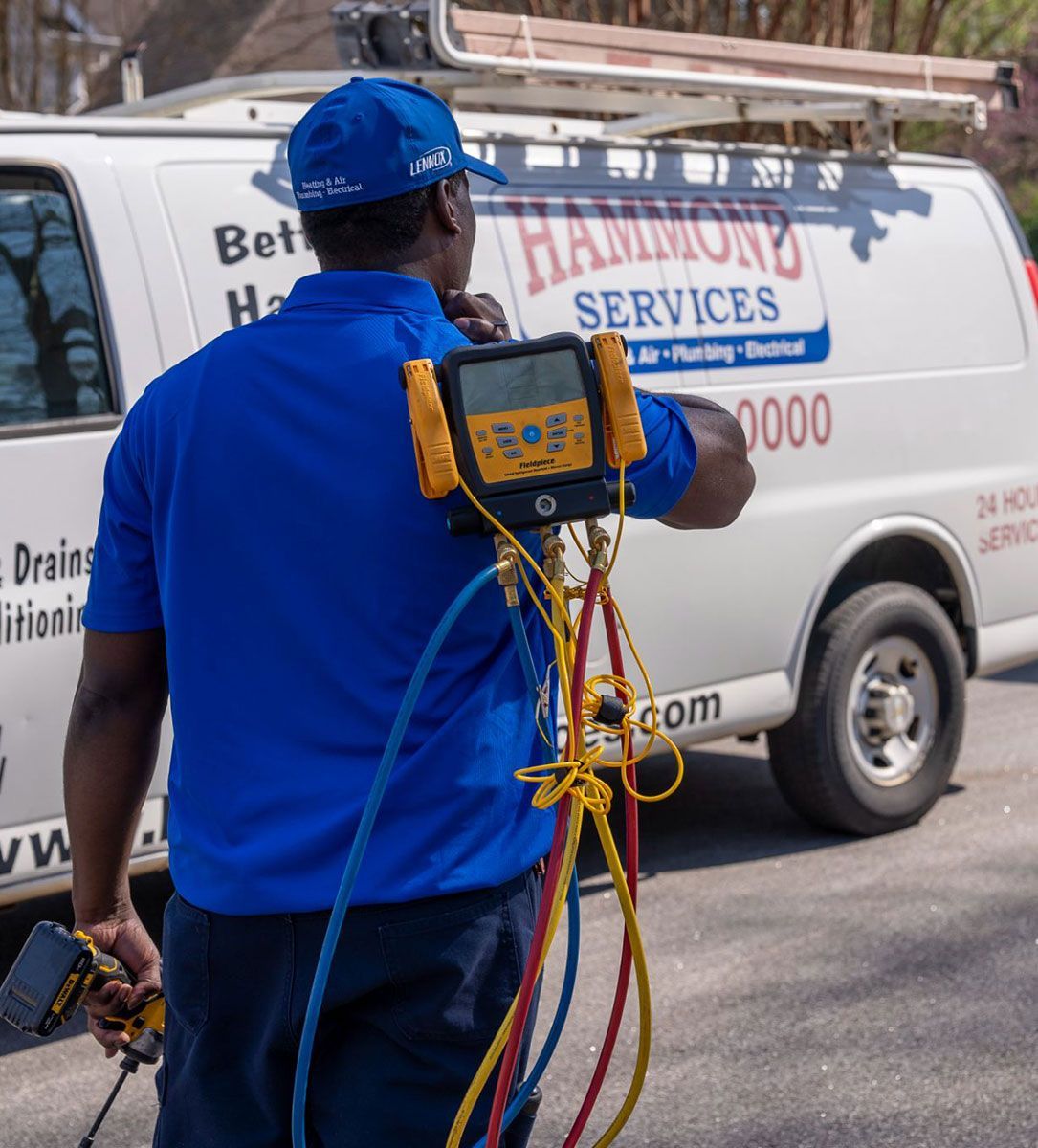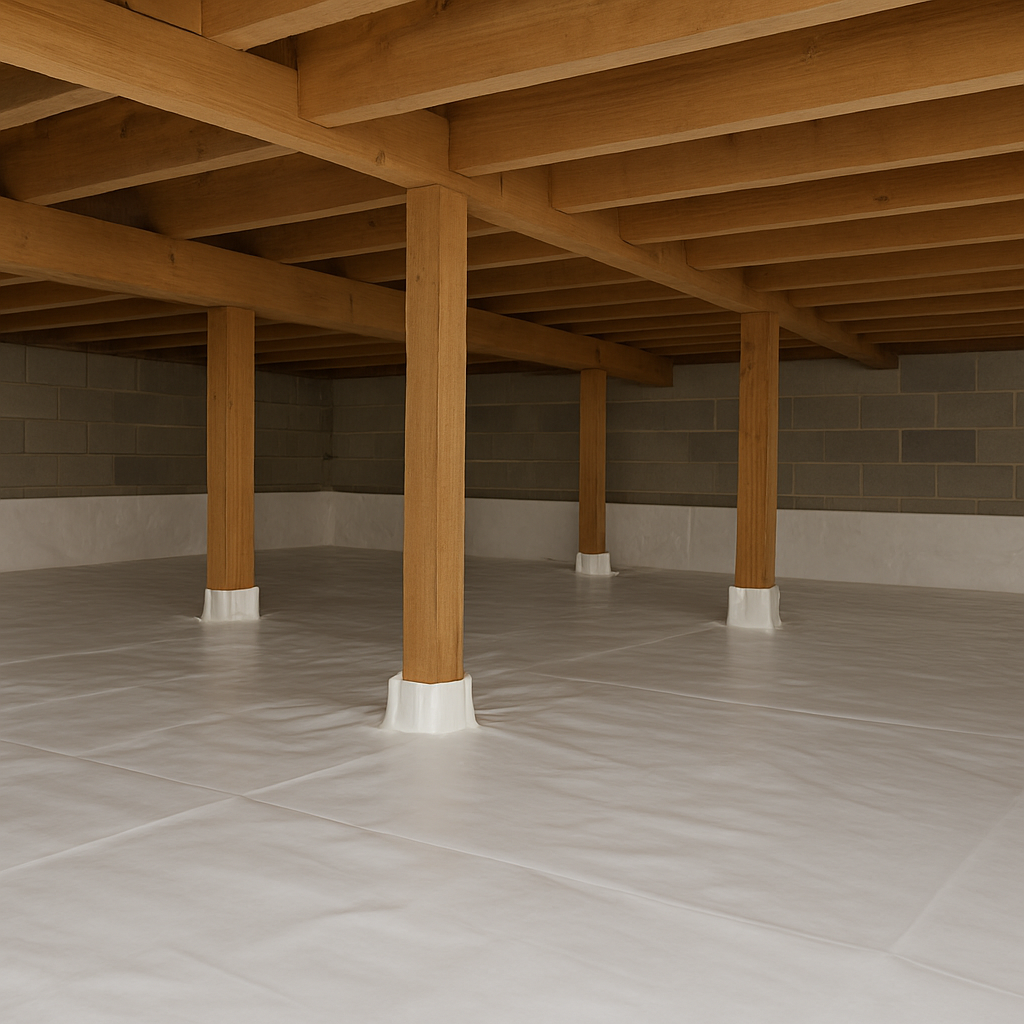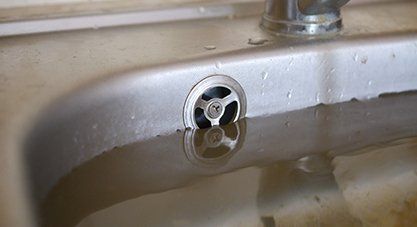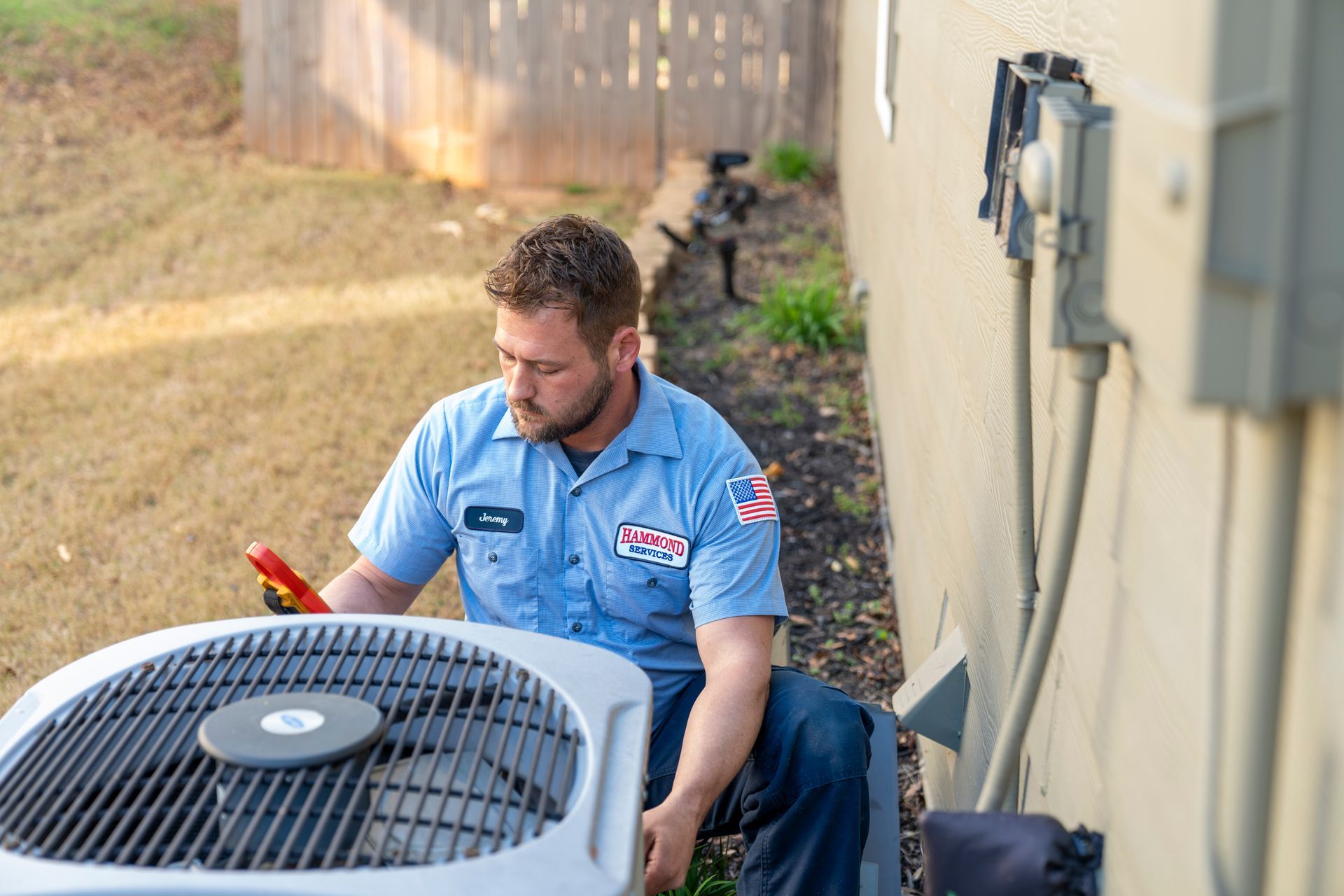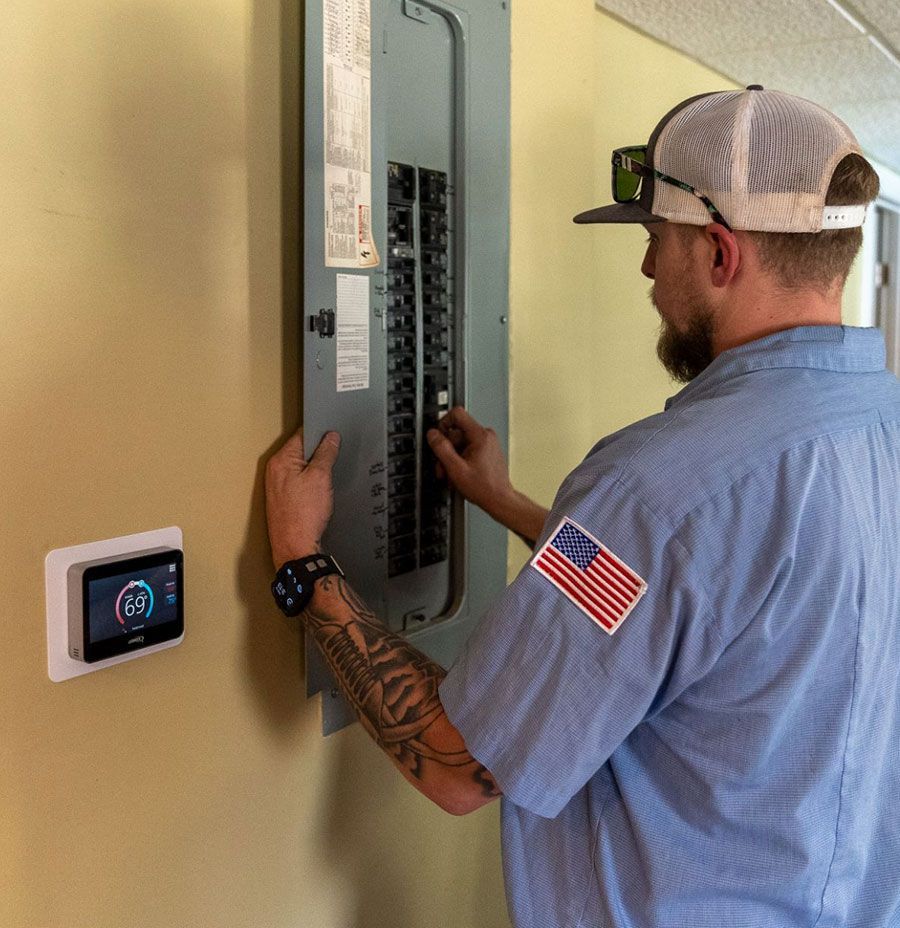GET IN TOUCH
Address: 29 Millard Farmer Industrial Blvd, Newnan, GA 30263, USA
Introduction
Sewer problems can be a significant cause of stress for Griffin, GA area homeowners. From unpleasant odors to sewage backups, these issues can be costly. While some homeowners may feel inclined to tackle sewer repair themselves, it's crucial to understand the advantages and disadvantages of DIY sewer repair before diving in. In this blog, we'll explore the pros and cons of DIY sewer line repair
for the home services enthusiast, helping you determine whether it's the right choice for your situation.
Pros of DIY Sewer Repair
1. Cost savings
One of the primary benefits of DIY sewer repair is the potential for cost savings. Hiring professional plumbers can be expensive, depending on the extent of the damage and the complexity of the repair. By taking on the project yourself, you can save on labor costs, which can be a significant portion of the overall expense. However, it's essential to consider that if a DIY repair goes wrong, you may end up spending more on additional repairs or professional assistance.
2. Personal satisfaction
There's a sense of accomplishment that comes with tackling a challenging project and successfully completing it on your own. DIY sewer repair can be an opportunity for homeowners to learn new skills and gain confidence in their abilities. Successfully repairing your sewer system can be a source of pride and satisfaction, knowing that you took on a complicated task and succeeded.
3. Customization and control
When you take on a DIY sewer repair project, you have complete control over the materials and methods used. This level of control allows you to customize the repair to your specific needs and preferences, ensuring the final outcome aligns with your expectations.
Cons of DIY Sewer Repair
1. Limited expertise and experience
One of the most significant drawbacks of DIY sewer repair is the lack of professional expertise and experience. Plumbers undergo years of training and apprenticeship to learn the ins and outs of sewer systems, including proper techniques and safety measures. Unless you have extensive plumbing experience, it can be challenging to diagnose the root cause of the problem and implement the most effective repair strategy. One example of a permanent repair solution, offered only by a professional plumber, is CIPP, or cured-in-place pipe repairs. This solution repairs broken or damaged sewer lines without the need for expensive and time-consuming digging.
2. Potential for mistakes and further damage
With limited knowledge and experience in sewer repair, DIY enthusiasts are at a higher risk of making mistakes or causing further damage to the system. Professional sewer repair experts can Sewer repair can be a complex task that requires specialized tools and techniques like video line inspections. A small error can result in significant consequences, such as sewage backups, leaks, or even structural damage to your property. In the long run, these mistakes may end up costing you more than hiring a professional from the start.
3. Health and safety risks
Sewer repair can expose you to various health and safety risks, including exposure to harmful bacteria, toxic gases, and potential injury from using unfamiliar tools or techniques. Professional plumbers are equipped with the knowledge, experience, and protective gear necessary to minimize these risks. By attempting DIY sewer repair, you may be putting your health and safety at risk.
4. Time-consuming
DIY sewer repair can be a time-consuming endeavor, particularly for those with limited experience. It may take you much longer to diagnose the problem, research appropriate repair methods, gather materials and tools, and complete the repair than it would for a professional plumber. This time investment may not be worthwhile, especially if you have other responsibilities or priorities.
5. No guarantee or warranty
When you hire a professional plumber to complete a sewer repair, they often provide a guarantee or warranty on their work. If the repair fails or additional issues arise, the plumber will typically return to address the problem at no additional cost to you. With DIY sewer repair, there is no such guarantee or warranty. If your repair doesn't hold up or causes further problems, you're on your own to fix it, which may end up costing you more money and time in the long run.
6. Difficulty obtaining permits
In some cases, sewer repairs may require permits from local authorities to ensure the work complies with local codes and regulations. Obtaining these permits can be a complicated and time-consuming process for the average homeowner. Professional plumbers, on the other hand, are familiar with the permitting process and can often secure the necessary approvals more efficiently.
Conclusion
DIY sewer repair comes with its share of pros and cons. While it can be cost-effective and provide personal satisfaction, there are several potential drawbacks, such as limited expertise, the risk of mistakes, health and safety risks, time investment, and lack of guarantees. Before deciding to undertake a DIY sewer repair project, it's crucial to carefully weigh these factors and consider whether the potential benefits outweigh the risks.
If you're unsure about your ability to handle a sewer repair project, it's always a good idea to consult with a professional. They can assess the situation, provide expert advice, and help you determine the best course of action for your specific needs. In many cases, hiring a Newnan area professional plumber can save you time, money, and stress, ensuring your sewer system is repaired effectively and safely.
Keep an eye on your inbox… our team will announce the lucky winner soon! Good luck!
Spot the Turkey Contest Official Contest Rules
Eligibility: Open to legal residents of Hammond Services’ service area, who are 18 years of age or older. Must enter between Nov 1st-21st, 2025.
Selection Process & Prize:
One winner will be randomly selected from all eligible entries.
Disqualification: Duplicate entries from the same person using different names or emails will be voided.
Notification: Winners will be contacted via email and announced on social media. If a winner does not respond within 5 days, an alternate winner may be selected.
License Numbers
CN208710 | MP210682 | EN212685
© 2025
| All Rights Reserved | Hammond Services | Terms & Conditions | Privacy Policy

